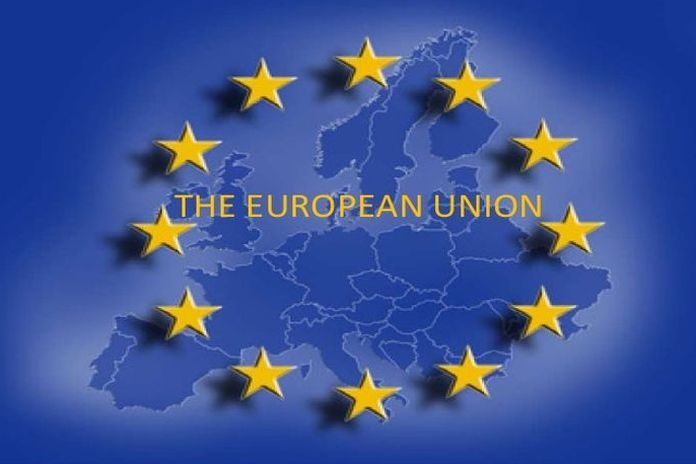GEORGE TOWN, Cayman Islands (CNS) – With the COVID-19 pandemic decimating the tourism sector in the Cayman Islands for at least the rest of this year and probably well beyond, financial services will be the main driver for any economic recovery as the country emerges from lockdown. But premier Alden McLaughlin said that Cayman must be removed from the European Union (EU) blacklist, otherwise, there will be dire consequences.
“Even amid the COVID-19 pandemic, that is a major source of worry and concern for us,” McLaughlin said last Thursday. “I am very worried about that. We absolutely must come off that list in October. If not, I think there will be some dire consequences to follow.”
The premier said work was proceeding apace on this, and several bills have been drafted which are designed to address the issues and concerns raised before Cayman was blacklisted by the European Union. He added that there would be a meeting of the legislative assembly later this month to pass the laws.
Cayman was added to the EU’s list of non-cooperative jurisdictions regarding tax issues, its blacklist, in February after the financial services ministry missed a key deadline by a matter of days over some major pieces of legislation. At the time the premier said it was “deeply disappointing” and that talks to remove the Cayman Islands from the list had begun.
But a month later Cayman’s borders were closed and the country was in virtual lockdown. Just after the news of the blacklisting, local consultants KPMG issued a report and said that while the listing is not welcome news, “we do not believe there is any immediate concern of adverse tax consequences for Cayman investment funds”.
The financial services firm said its view, “which is consistent with the general industry view”, was that laws were in place to satisfy the EU before October.
Around five pieces of legislation were published last month, which the ministry hopes will address any remaining EU concerns and boost the sector by providing a legal framework to promote the use of new technology and innovative enterprise, financial services minister Tara Rivers stated.
“At a time where innovation is needed to support the economy, given the effects of the COVID-19 pandemic on the more traditional economic pillars, this type of regulated fintech activity will help our financial services industry attract new clients and, in turn, contribute further to government revenue,” Rivers said in a release.





